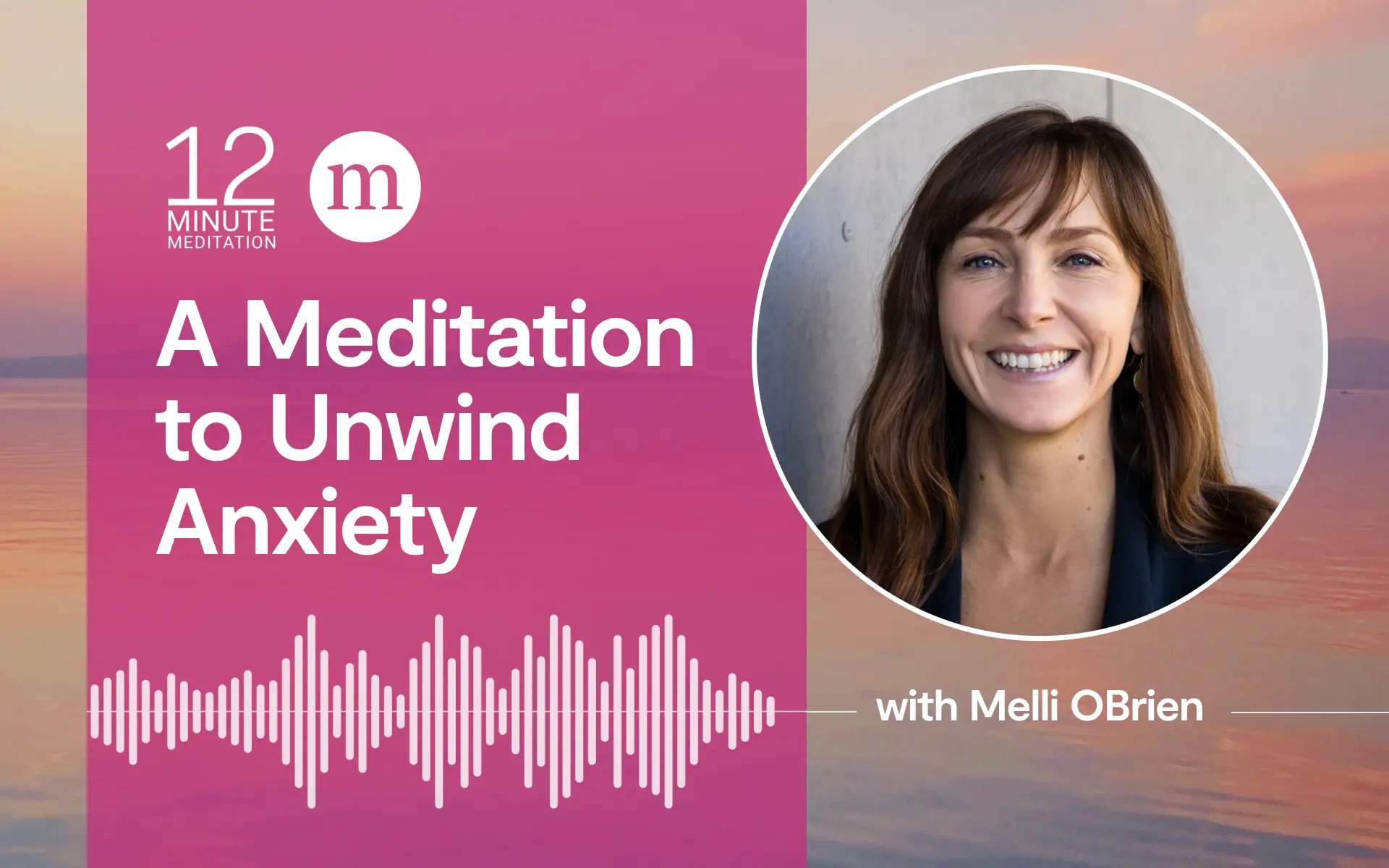For what matters most… Live in the now… Make the most of the moments that matter.
I received a steady diet of these inspiring messages in movie theater ads preceding the coming attractions during Christmas. They were being used to sell…Tylenol.
Words are indeed cheap, and many of the words used to promote mindfulness are the same words used to sell lots of stuff these days. For good reason: We crave these things. As cheesy as it sounds, we do want “moments that matter” and we do want to “live in the now.”
But it’s also false advertising. There is no supercool place called “the now,” where everything is ever bright and beautiful. It doesn’t work that way. Being present is an ordinary thing. It doesn’t come with brass bands and balloons, unless the present moment happens to be celebrating a grand opening.
When the conception of mindfulness as something all gooey—talked about in hushed tones with flute music playing—takes hold, it often has little appeal to people in pain who are dealing with dark challenging emotions.
The present moment comes just as likely with pain or confusion or uncertainty. What’s true, and profound, about the moment we’re in, is that it’s the only possible place we can operate from. It’s the address our body is located in. It’s the perch from which we launch forward to what’s next. And it’s not fixed. It’s always emerging.
When the conception of mindfulness as something all gooey—talked about in hushed tones with flute music playing—takes hold, it often has little appeal to people in pain who are dealing with dark challenging emotions: fear, anger, sadness, jealousy, dread, regret, you name it.
The notion of mindfulness practice as something that would enable them to stay with and explore those tough emotions—all the better to understand them and loosen their grip— slips past them. If a facile cheeriness is all that’s on offer, it makes about as much impression as a Tylenol commercial.
As mindfulness programs have taken hold over the past few decades, it has been interesting to see what keeps people coming back. They often sign on in the first place because they have an uneasy feeling that they could perform better, and that is an entirely valid reason to sign on. Meditation does help you perform better.
But what keeps them coming back, many trainers say, is the insight they gain into what’s going on in their brains and bodies, including trauma. They gain more focus, yes, but the real payoff comes from finding a means to deal with the really tough stuff. And that’s why they say things like, “I’ve become a better human being since starting mindfulness practice,” and that’s where the real change in performance comes from.
Really living in the now brings not just relief and peace. It also brings courage, strength, and the willingness to be with ourselves, and others, through thick and thin. Let’s hope mindfulness becomes famous for that, rather than being a Happy Meal for the Mind. If it doesn’t, lots of people who could benefit may never find their way to meditation. They’ll take Tylenol instead.







